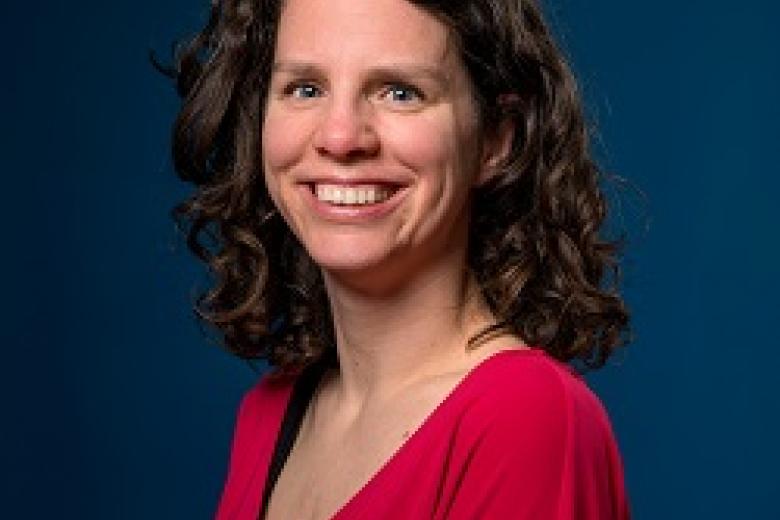Maastricht University to launch executive master in cultural leadership in partnership with Royal Academy of Arts in London
In March 2018, Maastricht University (UM) launches an Executive Master in Cultural Leadership, in partnership with the Royal Academy of Arts in London. The first intake of participants in October 2018 coincides with the Royal Academy’s 250th Anniversary year. The programme offers a full range of opportunities in the art world and creative sectors. It is aimed at those who are looking to develop their business and leadership skills, as well as those who want to enrich their understanding of how culture and creativity can inform and rejuvenate their practice.
New generation of leaders
This Executive Master programme is designed to foster a new generation of leaders who want to bring a deep understanding of culture and creativity into their industries and organisations as well as nurture world-class leaders with an ambition to positively shape the arts and cultural sectors applying their knowledge and skills to enable long-term, sustainable, ethical and innovative business practices.
Combination of expertise and scholarship
Combining the professional expertise of a world-class arts organisation and the teaching and scholarship of a leading international university, this master programme will be the first of its kind to offer a fully integrated programme across two epicentres of culture and learning. The programme provides a remarkable platform for participants with a passion for the arts and culture to acquire cutting-edge knowledge, timely insight as well as building professional networks.
Interfaculty collaboration
The primary driving force behind this new programme was UMIO established in October 2017 as a UM division, which designs and provides learning and development trajectories for individual professionals and organisations. UMIO’s roots are in the School of Business and Economics, yet the connection to other faculties and disciplines is central to facing the multidisciplinary challenges in the professional field. This very special initiative with the RA is an excellent example of international partnerships. Interfaculty collaboration between the Maastricht University School of Business and Economics, Faculty of Law, Faculty of Arts and Social Sciences, and UCM was aided through the establishment of the Maastricht Centre for Arts and Culture, Conservation and Heritage (MACCH), who will contribute teaching to the programme.
Modules in London and Maastricht
Taught across the campus of London and Maastricht with international study trips, this Executive Master offers participants a cross-cultural experience and global perspectives, enabling a deep understanding of cultural value and the significant contribution of arts and creativity to the economy and society. Structured as a modular intensive programme, participants will complete eight taught modules carefully balancing an understanding of the arts and culture alongside their business and management. Taught modules include Critical perspective in the arts and culture; Art business and cultural management; Law and art; Technology and innovation; Collecting, collections management and logistics, Exhibitions and events, as well as an immersive leadership module which provides personal leadership development tailored to individual ambitions and goals.
Proud of this programme
UM Professor Rachel A. J. Pownall, co-director of the master’s explains “Today’s institutions and corporations require leaders who are able to understand culture and the current challenges facing business and society. Here at Maastricht University, at the heart of Europe, we are delighted to be at the forefront of developments in education by providing innovative problem-based-learning and by partnering with a leading international institution in the arts - the Royal Academy of Arts with whom we can take this one step further to engage with experiential and context-based learning. Expert practitioners at the RA and thought leaders from Maastricht are uniquely placed to provide exciting educational options for professionals to become innovative cultural leaders and leaders who understand culture. Together we can create the leaders of the future.”
About the Royal Academy of Arts
The Royal Academy of Arts was founded by King George III in 1768. It has a unique position in being an independent, privately funded institution led by eminent artists and architects whose purpose is to be a clear, strong voice for art and artists. Its public programme promotes the creation, enjoyment and appreciation of the visual arts and architecture through exhibitions, education and debate. The Royal Academy of Arts is housed in one of the grandest 17th Mansions in central London which spans Piccadilly to Bond Street in Mayfair. For its 250th Anniversary year in 2018, the RA opens an extended campus with state of the art teaching facilities and dedicated educational spaces including a 250-seat lecture theatre, the Clore Learning Studios and the Wolfson British Academy Room which is specially designed for executive education. The RA is at the heart of a vibrant cultural quarter, rich with world-class commercial galleries and private dealerships, as well as leading luxury brands and international craft-based goods and within a short walk of many of London’s top landmarks and public museums.
Also visit the RA website for a detailed description.
Click here for their 2018 Anniversary and developments.
Also read
-
PhD research shows impact of aggression on staff and patients in forensic care
Nienke Verstegen, researcher at De Forensische Zorgspecialisten, has conducted research on aggression within forensic care and its impact on patients and staff. On July 6, 2023, she will receive her PhD from Maastricht University with her dissertation 'Hurt people hurt people. Characteristics and...

-
No evidence of brain damage caused by severe COVID-19
Patients admitted to hospital due to a severe COVID-19 infection exhibit no evidence of brain damage caused by the disease. This is the conclusion of an extensive study led by Maastricht University.

-
Cold shivers?
Due to the Western lifestyle with a high fat diet combined with little exercise, more and more people in the Netherlands are overweight or even obese. This causes an increased risk of type II diabetes. What can be done about this besides a healthier lifestyle? The answer comes from an unexpected...
